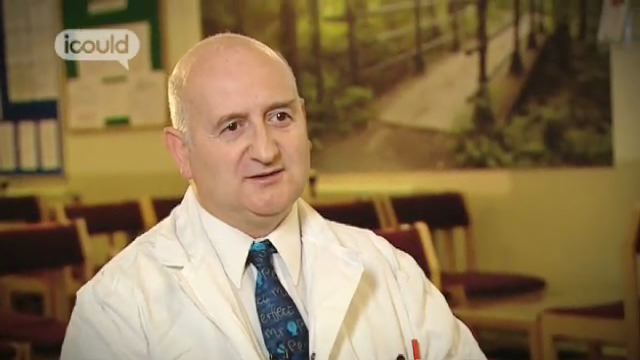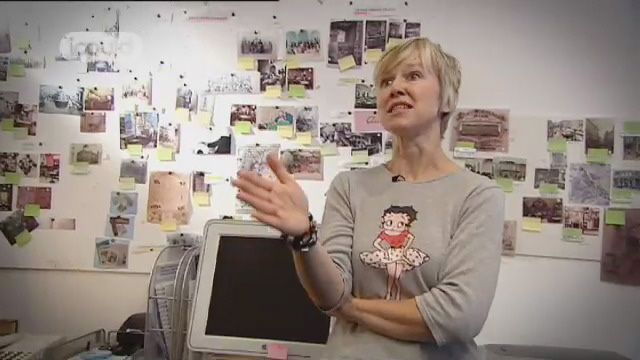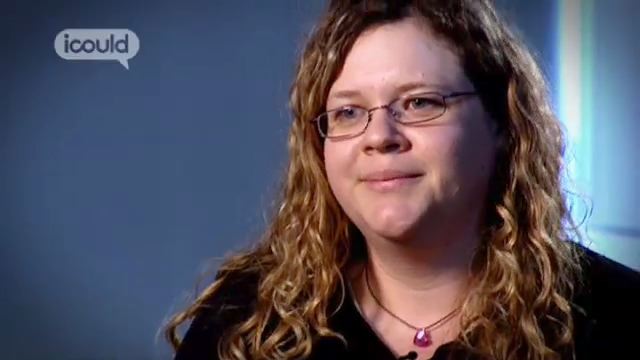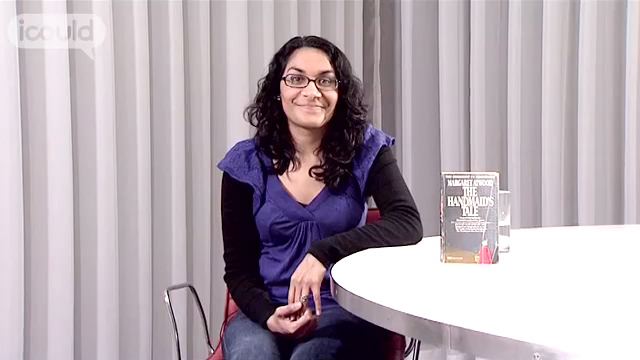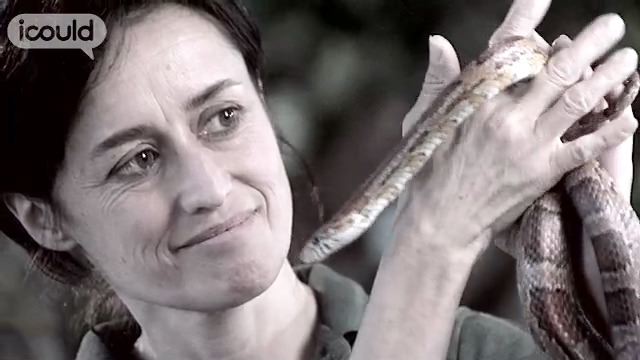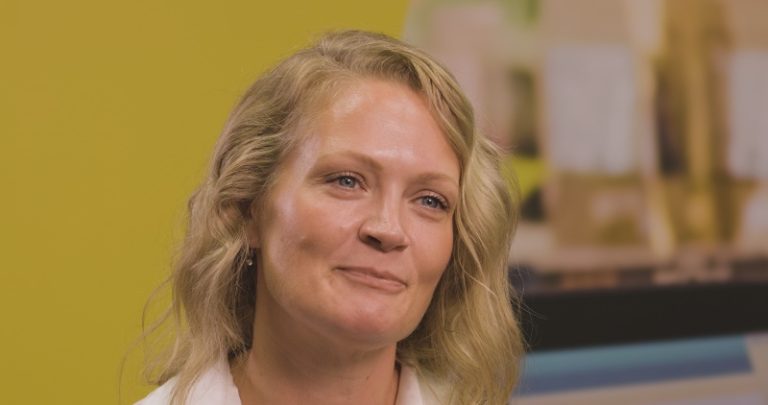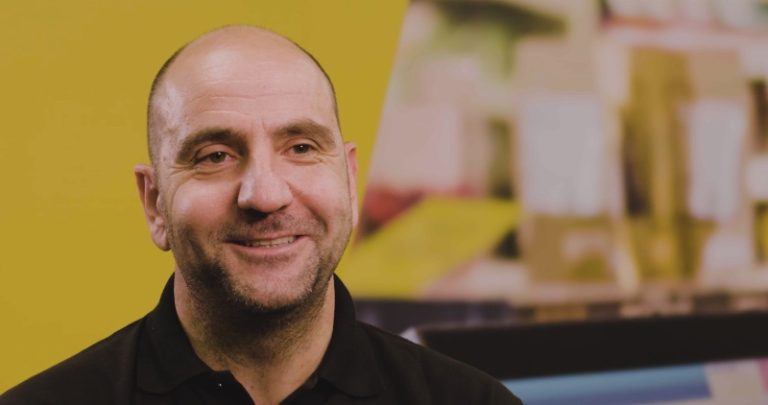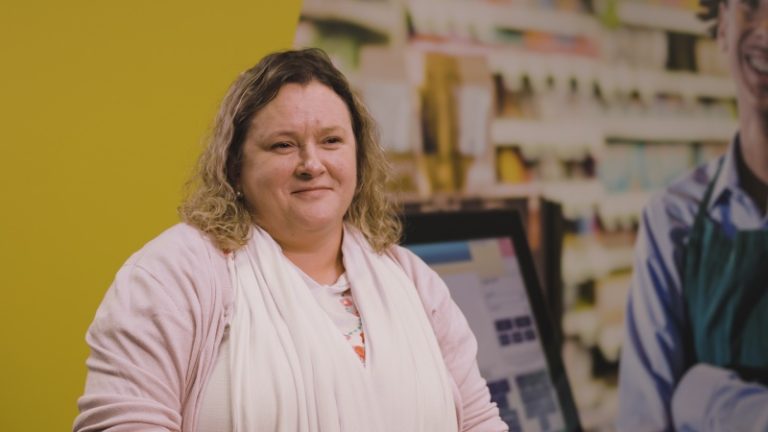Instructional Officer
HMPS Blunderstone
Mark B
00:02 My name’s Mark B. I’m an instruction officer and I work in the Welding and Engineering section at HMP Blunderstone Prison.
00:10 That involves teaching trainees to weld and we also do engineering work and manufacturing which is jobs that the lads can go on to after they learn how to weld and put their skills into practice by doing production work.
00:27 A lot of people on the outside can’t get used to the idea you actually come to work and lock yourselves in for a day and then go home at the end of the day and they can’t believe that you lock yourself up with people who’ve committed crimes. I’m not here to judge, I’m here to just do my job which is teach skills to people who haven’t got skills and hopefully rehabilitate them in some way so they can go back out into society with the skills that they’ve learned.
00:51 You seem to think you just get by with what you’ve got, I think, and I don’t think you really see the relevance of what you’re doing at school as to where you might end up in future years. I certainly look back now and wish I’d paid a bit more attention to, to the English side of the things.
01:08 I did want to go in the RAF when I left school but that didn’t materialise cos coming from Norfolk which was a quite a heavy area for airfields and RAF camps, the take-up rate at that time was quite high so it’s very much a lottery whether you got in or not, by which time you could have missed any apprenticeships that were going, so I opted for starting the apprenticeship rather than taking a gamble.
01:34 I did metalwork at school and used to go to a local college half day a week to do technical drawing, which I really enjoyed and the two sort of went together and then we used to have a, a careers afternoon, you know, where the careers teacher sort of demonstrated or give advice as to what was outside in the big, wide world when you left school and tried to steer people to a job with interests that they had and I always liked making things at school with the technical drawing and the shipyards were sort of a natural progression of that. I left school on a Friday, started at a local shipyard on the Monday, which is Richards’ shipyard in Great Yarmouth and served a four year apprenticeship and then carried on for another six years as tradesman before being made redundant. So I was just getting myself sorted with a house and, and sort of foot in the ladder of, the sort of housing ladder and then it sort of all sort of went pear-shaped and all that. I felt a bit of a low with that, you know, after working for ten years and then put on the scrap heap.
02:37 I was unemployed for about eighteen months and then I managed to get a job with the MOD at Shoeburyness, so then I was onwards and upwards again. I went for a holiday at my sister’s down in Portsmouth and I just by chance popped in the job centre to have a look and see what jobs were in that area and then I seen an instruction officer’s job, working for the MOD in Gosport, which was teaching welding, sheet metal work and coppersmithing. While I was there I had the opportunity to go to night school, which was paid for by Hampshire County Council, to do an adult teaching certificate, so I did that at a local college for a year and then I opted to go on to do the next level. After doing the Cert Ed I then went on to do a BA and after that I moved to another university, to Southampton and done a Masters.
03:31 I moved from actual working for a living to actually teaching for a living and, and I think that’s the biggest change within my life, going from crawling around in the dirt and dark, welding inside ships and down on the slipway, to actually teaching it in a clean or relatively clean environment, going from overalls to sort of shirt and tie overnight and that’s got to be the biggest turning point and also it opened up a whole different aspect of a career path.
04:01 END
Mark B is an Instructional Officer at Blunderstone Prison, he says “I think that’s the biggest change within my life, going from crawling around in the dirt and dark, welding inside ships and down on the slipway, to actually teaching it in a clean or relatively clean environment. Going from overalls to sort of shirt and tie overnight and that’s got to be the biggest turning point.”
More information about Teaching professionals n.e.c.
The UK average salary is £29,813
There are 37.5 hours in the average working week
The UK workforce is 47% female and 53% male
Future employment
- Designs and implements methods of assessing the performance of students, co-ordinates and undertakes the evaluation of assessments and awards grades of merit based upon performance
- Manages/owns and teaches in private drama, music and dancing schools, training centres and similar establishments
- Provides private academic, vocational and other instruction to individuals or groups
